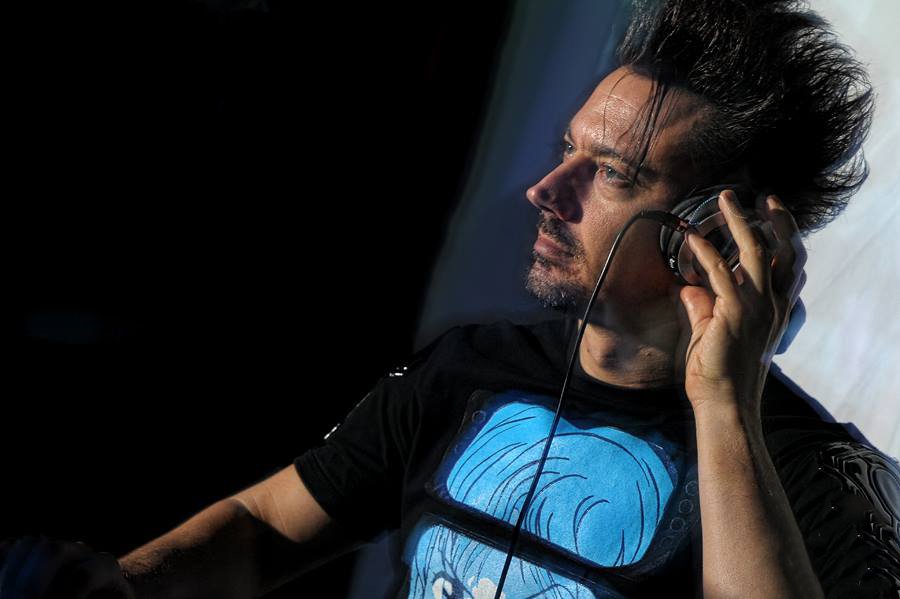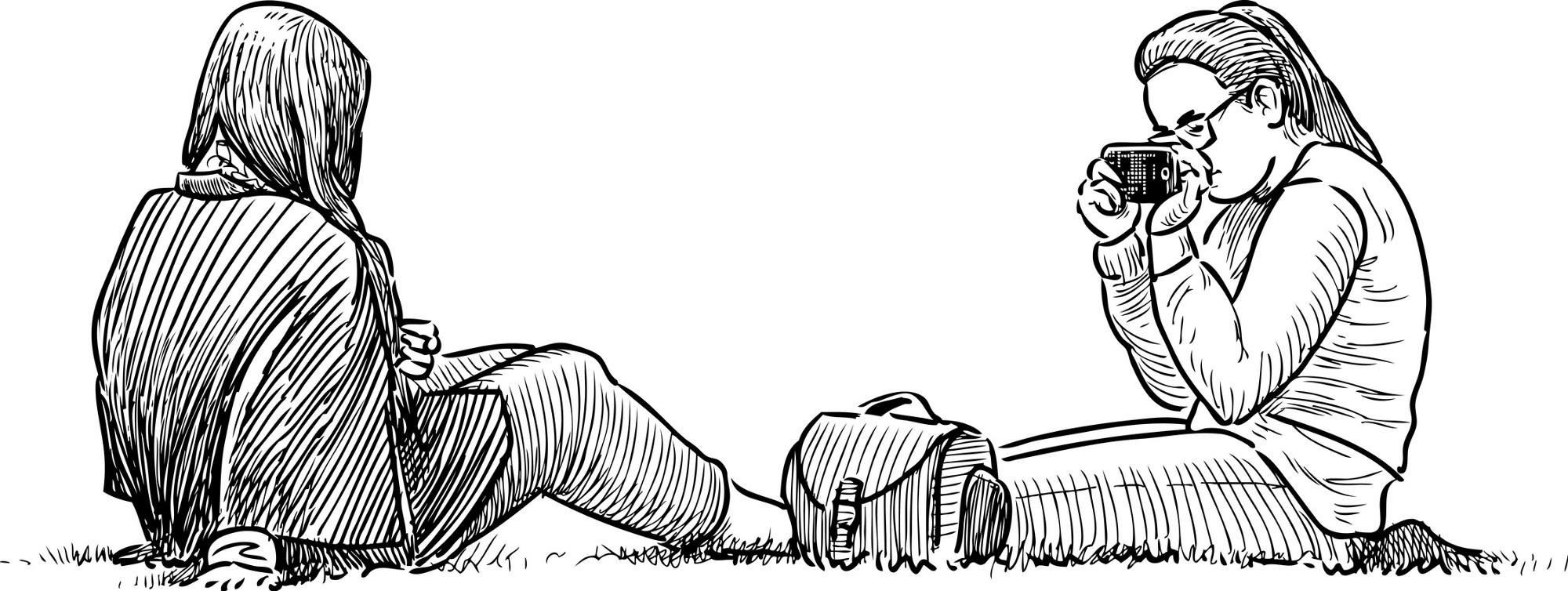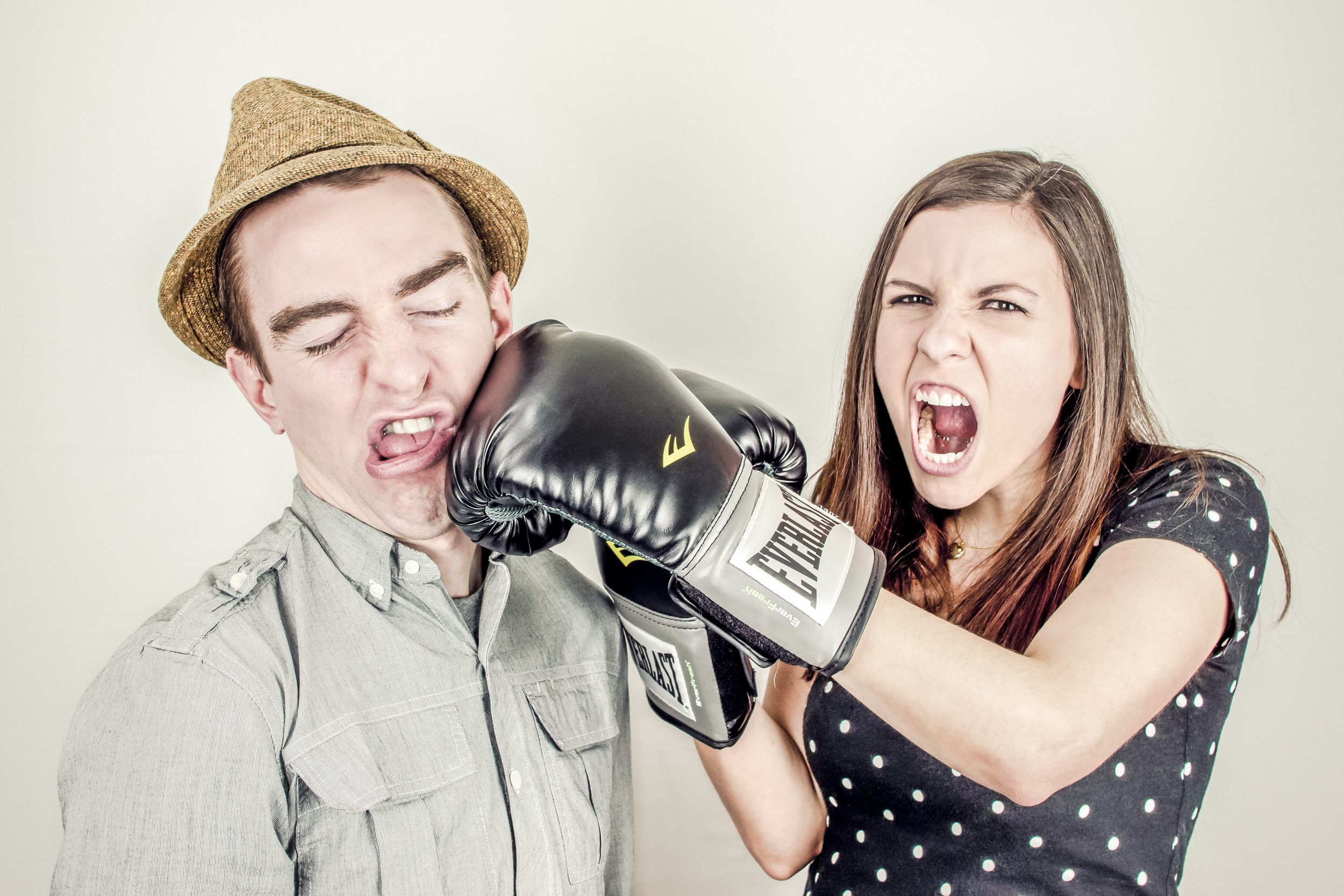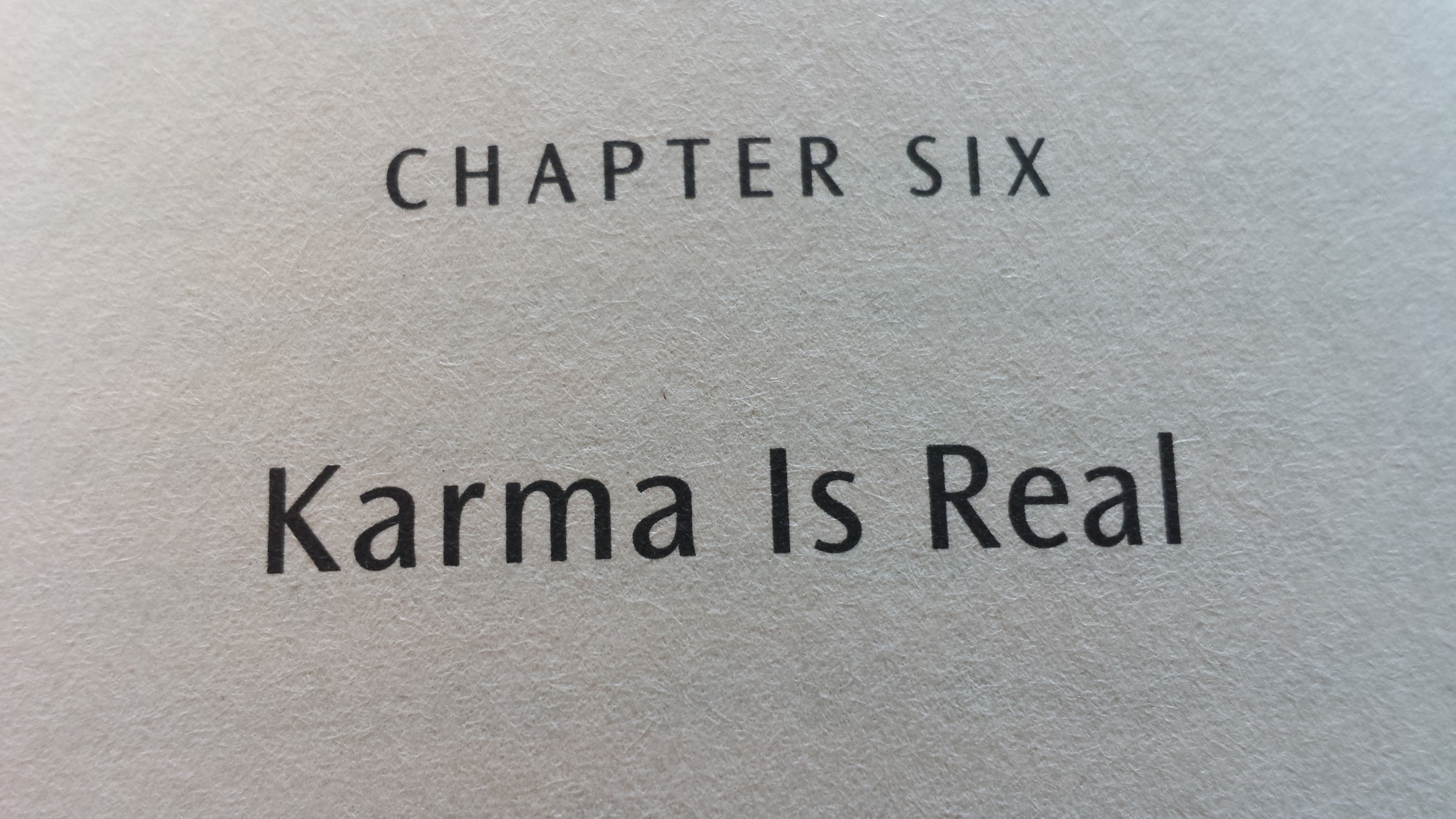Lazarus started DJ’ing on radio in 1993 and in clubs in 1996 at the aforementioned Remix Lounge, plus at Velvet Underground, also in Toronto.
His streaming shows are Double Trouble on Tuesday, where he plays two songs by the same artist. There’s also Panic: ’80s/’90s tunes; Britannia: Britpop/Madchester/UK Indie; Bleach: ’90s Alternative; Spellbound: Goth and Industrial; Retro Guilty Pleasures, Pump Up The Volume, Thursday Trivia nights and more.
I wanted to talk to some of the DJs making a go of it online and find out more about their experiences pivoting their efforts during the pandemic. Was it an easy transition? Did the communities embrace them? Is this the way of the future?
I phoned Lazarus for a chat and started by asking when did he sense the change happening with the loss of his in-person DJ and events business?
“When the pandemic hit Toronto in March 2019, I was doing an event and noticed that my attendance was down about 75 per cent on my last party that I did, so I knew things were changing pretty rapidly. And then the government shut us down,” he recalls.
“They said it would be only for two weeks and then it would all be over. After the two weeks I got depressed and lost 75 per cent of my income. Luckily I had a little part-time job to help but I lost everything.
“I noticed some DJs were doing some streaming and I questioned myself. If I do streaming and give my product away for free, maybe people won’t want to come out to my nights and pay cover? But if I didn’t do streaming maybe I wouldn’t stay relevant and quickly be forgotten. So I was late to the game compared to a lot of other people,” he says.
“I was looking at all the different services, such as Twitch, Mixcloud and Periscope and chose Mixcloud for my streaming to begin with. I was on there for a year before I started using Twitch properly in June of 2021. So I’ve been streaming for two years overall online.
“I chose Mixcloud due to Twitch not having their copyright stuff sorted out. In the terms of service it says they do not want DJs lip syncing or doing karaoke … anything to do with music. If video games had a pop song playing in the background they could get their stream shut down. I didn’t want to put my time, money and energy into something that may get shut down,” he explains.
“Mixcloud said everything is sorted out. So you could go on there and play music all day and they had it all legal. But Twitch has a much larger community. There’s more people overall, easier to discover streamers; so at the end of the day I joined Twitch because that is where the momentum was. I moved over there and tried to rebuild my streaming following that I had on Mixcloud. Being late to the game made it way more difficult too because everybody already had all their viewing patterns and the DJs they liked on Twitch, so I was the new kid on the block trying to carve my little space. It’s been an uphill battle,” adds Lazarus.
“As the pandemic weans and people go back to their real world, watching Twitch – or any other streaming service – is greatly diminished. A lot of my peers in Toronto are already doing DJ nights, but I’m not comfortable, yet, doing that regularly. I’ve got post-traumatic stress syndrome from all of it,” he says.
“I’m starting to plan some events, but for the fall. I’ve already booked Halloween at Velvet Underground and I’ve got an amazing band. So I’m working on stuff. This summer I am doing a couple of fetish nights and maybe one concert DJ gig.”
Will Lazarus continue the online events when his in-person business is back to good standing?
“Yes, I’m hoping that my stream I do on Tuesday afternoons will continue,” he replies. “I would like to think – that if I actually get back into the clubs – that I will be able to sort out something where I can do the streaming from the club as well. Have a multi-camera set-up in the club so people can see me DJ’ing and the music videos and get a vibe for it. So people who don’t live in the area for the club nights will still be able to enjoy it and participate in a way. It might be the new way going forward for those DJs who have built up a following online.
“But at the same time I still question it,” he says. “If you can watch a stream online, for free, instead of having a shower, putting your clothes on, drive, pay for parking, $10 to get into the club and $30 on drinks … if you can get the product – the music – online for free … will it have unintended consequences of hurting the night? I don’t know. But those are the things I think about.
“You would hope that the community of viewers would be kind to the community of real-life dancers – because they’re the same people. I’ve been lucky I haven’t had cruel people in my streams, for the most part. The ‘ban hammer’ comes down pretty quickly!”
I was curious, from a DJ standpoint, how the online and in-person events differ for him.
“The experience is completely different. I prefer the in-person DJ’ing; the instant feedback and gratification of seeing the crowd dance and move to your music – and controlling the dancefloor in-person – is amazing. That’s what makes most DJs want to be a DJ. Not many people say, ‘I want to be a DJ and sit in a chair in my kitchen,’” quips Lazarus.
“When you’re DJ’ing online you can interact and talk in the chat … but it’s not the same. You don’t get the same satisfaction. I will say this: in a nightclub environment my main focus is the dancefloor and I do have to keep in mind not just that everyone is having a good time, but also the business of the nightclub … which is usually selling drinks. So you have a lot of pressure on you in-person to make sure that people there are satisfied, they’re getting their money’s worth of entertainment and being happy,” says Lazarus.
“Online, my freedom of music I can play is broader, because I don’t have to worry about a dancefloor so I can play weirder music, or slower music, lots of newer music. That’s what I’ve been focusing on: my Spellbound show is trying to play newer music on that stream so when I do go back into the clubs I’ve ‘trained’ people to appreciate more newer music,” he explains.
“When you get a dancefloor going and it’s packed, and people cheer ‘WOO-HOO!’ and run to the dancefloor … everybody – including me, the DJ – we’re all sharing a single emotional response all at the same time. That moment is what got me into DJ’ing. It doesn’t matter who you are – religion, colour of your skin, what you believe in politically – none of it matters. You are all on that dancefloor sharing that single emotion. And that unifies all of us. Online streaming, you don’t really get that.”
Lazarus goes on to explain his feelings of what the experience has been in connecting solely with the online community over the last 18 months or so.
“The relationship I have with the online viewers is different than with the people that come out to the club nights,” he says. “When I’m streaming I don’t always talk on the microphone because I want the music to speak for me, but I am active in the chat. Some people have more intimate conversations with me in the chat than they can have in the club.
“I’ve met lots of people online that I haven’t met in real life. You have to be personable and friendly in the chat and I try to do that in real life too. Build up that sense of connection and community. If people feel connected to you, they are a little more loyal in their viewing and attendance. I try to use social networking to promote my events: Instagram, Twitter and mostly through Facebook.
“When I’m in a club, the attendance will only be from people in the Toronto area, whereas on Twitch, the world is my audience. So even though the time zones are crazy I can have people in Australia watching me during their lunchtime, when it’s 2:00 a.m. or something, here in Toronto. Your viewership becomes broader, but at the same time, your competition becomes broader. Obviously every major city has a person like me doing something similar. So all of a sudden, when you’re on Twitch, you’re not as unique as you think you were. But it’s been great! I’ve met some really wonderful people, mostly from America, who do video dance parties and similar types of streams. That’s been really nice, actually,” he adds.
“I was working nights through the pandemic so I couldn’t stream for the most part. More of my peers online were able to stream longer sets, more often than me. So they were able to reach different time zone demographics. When I did the 15-hour stream, I went from 3:00 p.m. until 6:00 a.m., I was able to hit different time zones so picked up viewers I’d never seen before. I was also very lucky and lots of kind DJs on there were raiding me because I was going late. I am thinking about doing that once a month actually, maybe 10 or 12 hours on the last Friday. Keeping it open format, start in the afternoon and go to four or five in the morning.”
“Raiding” is short for a “Raid Train” on Twitch. This is when a DJ is finishing a set and then joins another DJ’s set, thus carrying their followers over with them. It’s a really smart and fun way to discover DJs that play similar music to the ones you regularly listen to. And it’s an organic way for the recipient DJ to gain some new followers and enjoy extra exposure.


























